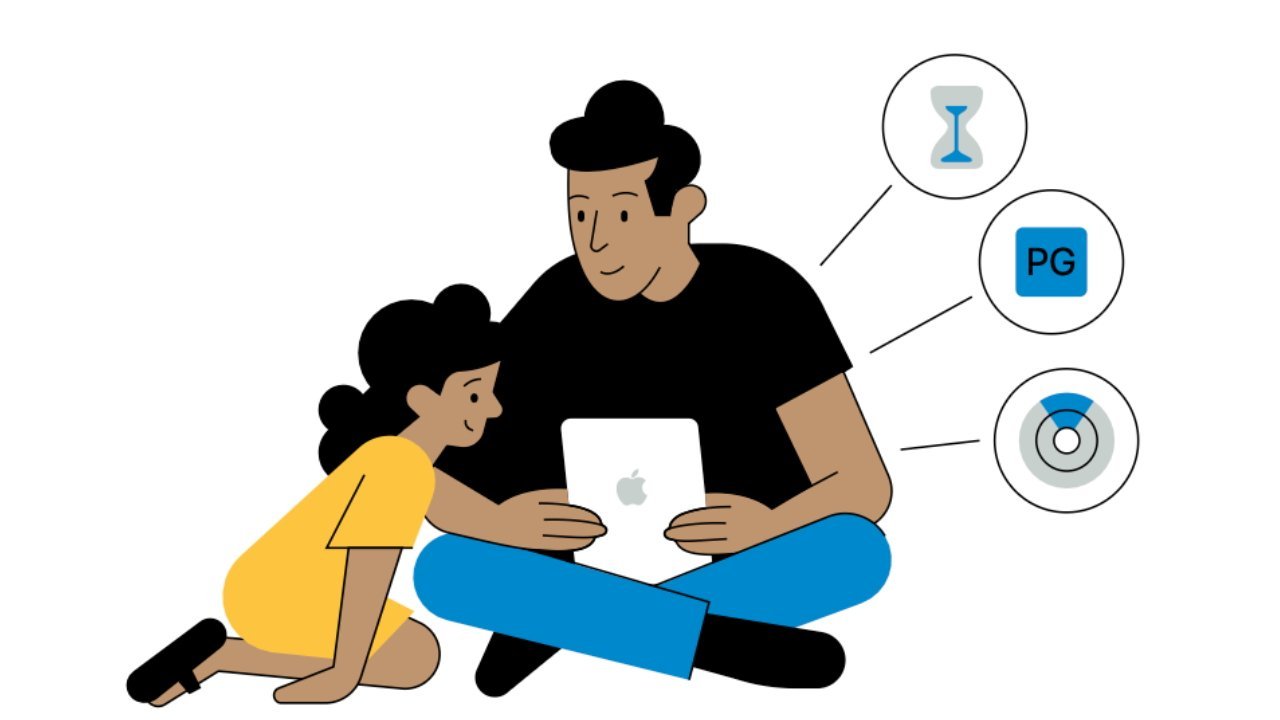Apple told developers that to stay in the App Store, they must provide detailed information on the age of applications, just like previous privacy nutrition labels.
In 2020, Apple launched privacy labels that required developers to more precisely what types of information about private users are their application collections. It was a slow introduction, some of the developmental expected as long as it was possible, and others have revealed collecting surprising love for data.
Now Apple has launched a similar process that in the next few months it will require all the development of applications to fill in a similar form to a private process. In this case, however, it concerns age verification and is another step in the plan to protect children that Apple announced in February 2025.
“We have introduced a new set of required questions to the Rating questionnaire for all applications,” Apple says on its development news site. These questions requested concern four topics:
- Controls in the application
- Abilities
- Medical or wellness topics
- Violent topics
“Your answers to these questions will help Apple better Calcultte rating,” Continue Apple, “and help you provide an experience of the appropriate age.”
Thus, the developer will have an age rating on their application. However, they have some flexibility – if the developer believes that age evaluation is too low, they can include it.
But what can’t do is reduction. And they cannot leave this information for too long.
Apple cations that require updated details of age evaluation for each application by January 31, 2026.
Details of Apple’s complete plan to verify age, including its developers and providing controls for parents, are included in the White Book of the Company.
Apple’s age verification comes after – and in one special case earlier – the pressure of societies such as social media. Also in March 2025 Utah became the first state to demand Apple and more to add age verification.
These social media developers claimed that Apple and Google platforms should be responsible for age verification, not their own applications.
The reason must be that it is costly implementation and continues to such a system. However, it was also an argument that the application of the social media that knows the age of the user could be sold on this data.
As a result, the Apple system is designed to avoid privacy. Parents can set different controls, but all that the application can do is ask that ifser is old enough to use the app and gets back the answer yes/no.

